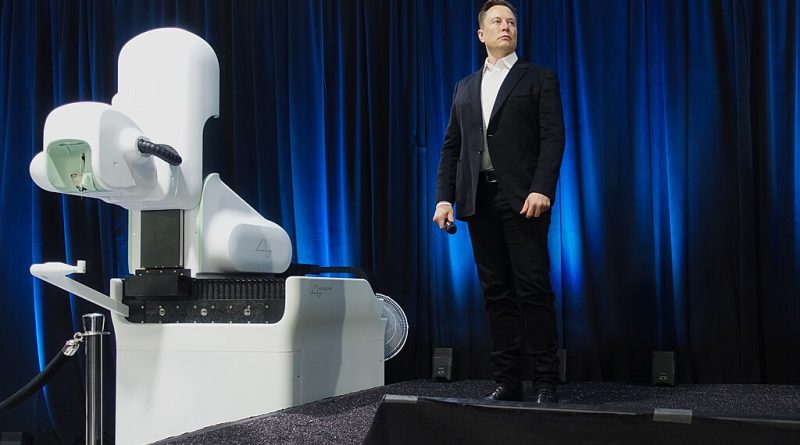Elon Musk’s Rule of 5: The Brutal Productivity System Behind His Insane Output
On This Page
The Elon Musk productivity system, known as the “Rule of 5,” is designed to cut through chaos and deliver extreme focus in high-pressure environments. Unlike traditional productivity hacks, this mental model is used by Musk to run five companies, make rapid decisions, and avoid burnout — even when everything feels urgent.
🪫 The Problem: Most Productivity Systems Collapse Under Chaos
You’ve probably tried it all: Notion dashboards, Pomodoros, color-coded calendars.
But once things get chaotic — deadlines, meetings, inboxes, family, side hustles — most systems break.
Elon Musk doesn’t just operate under chaos. He thrives in it.
Running Tesla, SpaceX, Neuralink, X (Twitter), xAI, and more, with 6 kids and public pressure 24/7, his output should be impossible.
So, how does he manage it?‘

⚡ Enter: The “Rule of 5”
This is the mental model Elon reportedly uses (and has hinted at in multiple interviews):
Every week, pick 5 things that matter.
Work relentlessly on those — and ruthlessly ignore the rest.
He doesn’t juggle everything.
He just filters ruthlessly.
🧱 How the Rule of 5 Works
- List everything pulling at your attention
Projects, meetings, tasks, ideas, side quests — dump them all. - Ask: What are the 5 most impactful things this week?
Elon often frames this by asking:
→ “What moves the needle for the mission?” - Kill or delay everything else
- Delegate it
- Automate it
- Ignore it
- Or explicitly say: “Not this week.”
- Go deep, not wide
Each day is focused on 1 of the 5 — no switching, no chasing fires. - Re-evaluate weekly
The 5 can change. But the rule doesn’t.
💥 Why It Works
- Cognitive bandwidth is limited — the human brain can’t juggle 15 projects at once (Miller, 1956).
- Decision fatigue is real — narrowing focus reduces switching costs and burnout (Baumeister, 2010).
- Deep work beats shallow busyness — one focused hour on a meaningful task > five distracted ones (Newport, 2016).
Musk’s system forces a binary choice: is this in the 5, or not?
No “maybe.” No “quick check-ins.”
🔬 Real-World Example: Musk at Tesla
In the 2018 Tesla production hell, Musk:
- Slept at the factory
- Took over Model 3 bottleneck tasks
- Personally answered customer service emails
Why? Because solving that one problem was in his weekly 5.
Everything else — interviews, events, even other companies — got deprioritized.
💡 How You Can Apply It (in 10 Minutes)
Here’s your Cruntrix Rule of 5 Starter Pack:
| Step | Action |
|---|---|
| 1 | List everything demanding your time this week |
| 2 | Circle the 5 that truly matter to your mission |
| 3 | Write “This Week’s 5” on a post-it or digital sticky |
| 4 | Say “no” to anything outside those 5 — with zero guilt |
| 5 | Do a weekly check-in every Sunday or Monday |
Bonus: Use Notion, or Obsidian to manage it.
If an opportunity comes up (e.g., new collab idea, LinkedIn DMs), ask:
📌 Is this more important than one of my 5?
If not → say no. Delay it. Move it to next week.
🔁 Why This Elon Musk Productivity System Still Works
Even as new productivity tools launch every month, the Elon Musk productivity system remains effective because it’s not tool-dependent — it’s principle-driven.
It forces you to think strategically about what actually matters, not just what’s urgent. Whether you’re a startup founder, freelancer, or creative solopreneur, this level of intentional filtering can protect your time, energy, and attention.
Cruntrix readers often ask: “What system works when everything is on fire?”
The answer is: One that limits your focus.
That’s what the Rule of 5 does.
Try it this week, and notice what disappears — and what gets done.
✍️ Final Take: Simplicity Wins Under Chaos
You don’t need a 12-tab spreadsheet to stay productive.
You need a filter.
And Elon Musk’s Rule of 5 is a brutal but brilliant one.
The more chaos around you, the more powerful this system becomes.



